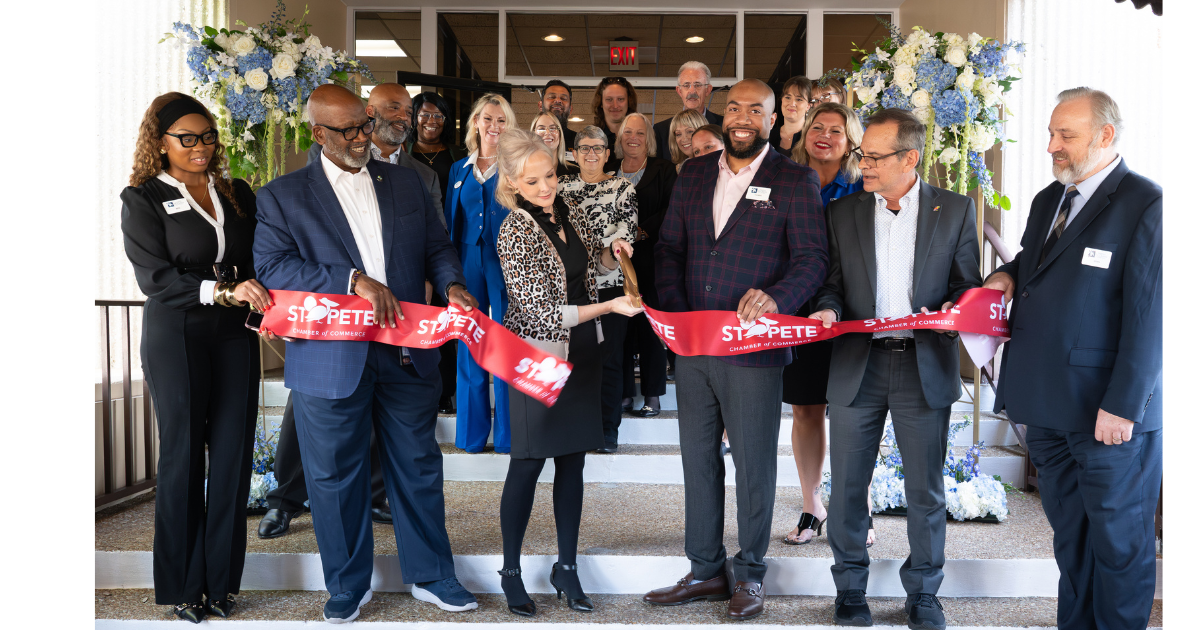A Day in the Life of a Funeral Director
 It is a profession that requires as much skill with people as it does with specialized training and techniques. Though everyone will use one at some point, the best of their profession are virtually unnoticed by the general public when they are being used, yet, a Andy Gearhart is a second generation funeral director in the Alspach-Gearhart Funeral Home and Crematory in Van Wert. He is following in his father Mike’s footsteps but it did not start out at that way when he chose a career path. Mike has been at Alspach-Gearhart for more than 30 years but after Andy graduated from Ohio State with a Marketing degree, he worked in the business world for three years before he decided that he was not finding the fulfillment he was looking for in his profession.
It is a profession that requires as much skill with people as it does with specialized training and techniques. Though everyone will use one at some point, the best of their profession are virtually unnoticed by the general public when they are being used, yet, a Andy Gearhart is a second generation funeral director in the Alspach-Gearhart Funeral Home and Crematory in Van Wert. He is following in his father Mike’s footsteps but it did not start out at that way when he chose a career path. Mike has been at Alspach-Gearhart for more than 30 years but after Andy graduated from Ohio State with a Marketing degree, he worked in the business world for three years before he decided that he was not finding the fulfillment he was looking for in his profession.
But once Gearhart made up his mind to become a funeral director, it meant a trip back to school. Ohio is one of the few states that require a person to have a bachelor’s degree to be able to continue on for the licensing to become a funeral director. A person can also go after only an embalmer’s license but that is rare outside of large cities where very large funeral homes have people who specialize in one area.
Because Gearhart already had his Bachelor of Science degree, he was only required to return to school for 12 months at the Cincinnati School of Mortuary Science. During that time he lived at a funeral home and worked for them in areas that did not require licensing. Following that requirement, he passed his national board test and then served a 12-month apprenticeship which involved working funerals, performing embalmings and other duties – all while being under the watchful eye of a supervising funeral home director. All told, he was in college and further training for more than six years after high school before he was able to pursue his profession.
And Gearhart said it is a profession that relies a great deal on service and being able to relate to people.
“Not only are we entrusted with the responsibility of taking care of someone’s loved one,” said Gearhart, “but we are also responsible for taking care of the family and survivors themselves. Not only in a short few-day process when you are helping them make decisions about services and caskets, but also helping them down the road when they have questions.”
Gearhart said his profession requires a great deal of people-skills because for most people he deals with, they are having one of the worst times of their lives. If he can somehow make that period go easier – not better because nothing can make the loss of a loved one better – but easier and smoother, then he feels like he has helped.
To best achieve those results, Gearhart believes a good funeral director must be able to read their clients, often a skill that best comes with experience. Some people only need to have options laid out before them while others need to have their hands held and receive more guidance. A misjudgment could leave one person feeling abandoned in the process while another may feel the director is hovering too much. It is often a delicate balance the director must keep.
That is also why he believes it is important to do pre-planning of arrangements when possible. Planning ahead of time takes the pressure off of family members during what will be a grief-stricken time and makes known the wishes of the deceased. Gearhart says a lot of people are under the misconception that they must pay up front when pre-planning, but he said that is not the case. While paying early is an option, many people just use it as a way to narrow down the choices.
Gearhart laughed when asked to describe a typical day because every day can completely change with the ring of the telephone. If there are no services going on or customers to care for, he normally arrives at the funeral home at about 8:30 in the morning. Of course there is always plenty of paperwork to be completed as well as phone calls with area ministers for services, cemetery directors and churches or they might be setting up the facility for an afternoon viewing. Alspach-Gearhart is also one of the few crematories in the area so they deal regularly with other funeral homes who need to use their services. Everyone who works at the home helps with the cleaning and the maintenance of the building as well when they are not holding services.
Of course all of that changes if someone passes. What might have been a day planned for paperwork is gone with the receipt of one telephone call – day or night. Funeral directors and their families have to be accustomed to a flexible schedule because a deceased person had to be picked up at 3 a.m. or on a Sunday afternoon. Of course, processing of the recently deceased must begin as quickly as possible and the length of time that takes can vary wildly because of items from their physical condition to the types of medication the deceased was taking. Gearhart said that everyone at the funeral home takes turns with a set schedule but even then it is hard to make set plans.
But that is not the hardest part of being a funeral director. Without question, Gearhart said, the most difficult time is when a child has died. Though they learn from experience how to deal with death, no one is quite prepared to see a small casket. It will even affect them emotionally for a few days.
But the most rewarding part is still helping the families through a very difficult time and seeing their gratitude.
“If I know, in some small way, that I have helped make the passing of a spouse or parent easier,” said Gearhart, “that’s the most rewarding thing I know.”
Article By: KIRK DOUGAL, Times Bulletin Editor, kdougal@timesbulletin.com



